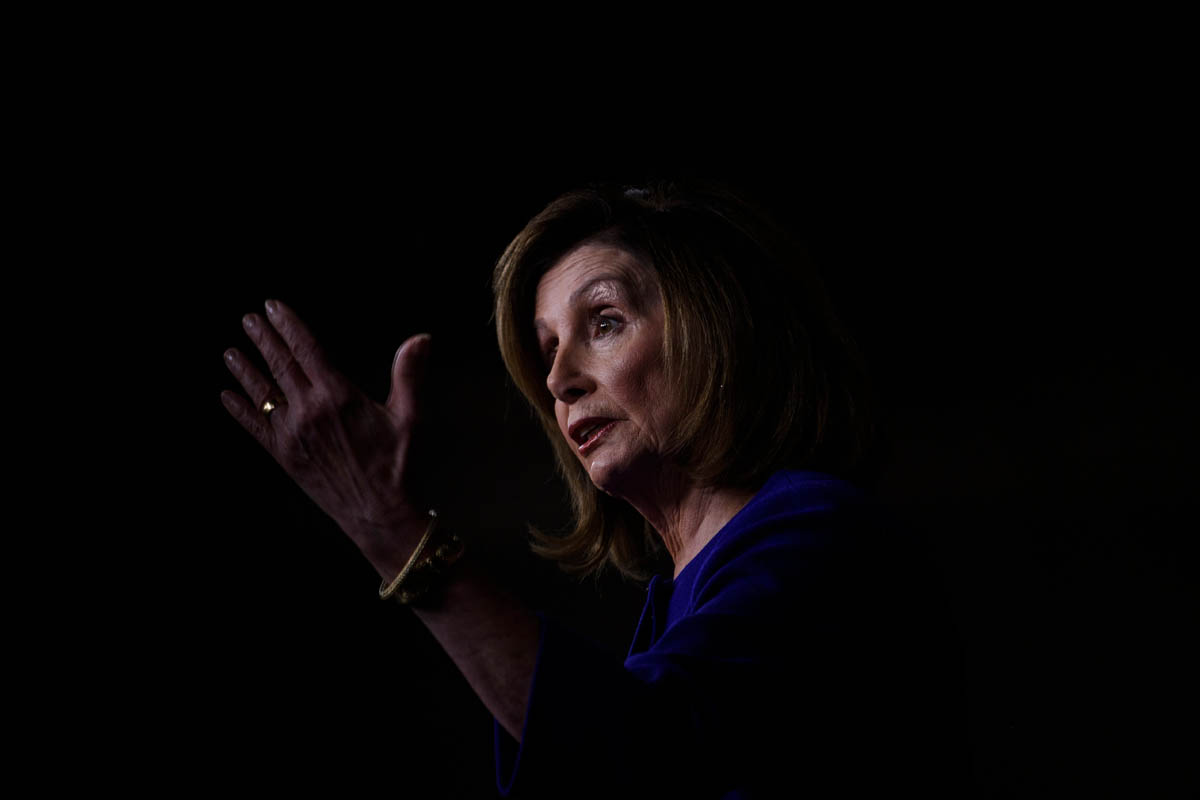Close on the heels of the impeachment of Donald Trump, the US House of Representatives, with the ebullient Nancy Pelosi as Speaker, has turned the screws yet again on the US President. Friday’s vote to curb the President’s powers to take military action against Iran comes in the immediate aftermath of the US drone attack that killed Iran’s General Qassem Suleimani in Baghdad.
Perhaps the likes of the Supreme Leader, Ayatollah Khamenei, and President Hassan Rouhani have scored a diplomatic triumph of sorts. Though subject to the concurrence of the Senate, where the Republicans boast a majority, the vote has hopefully staved off a deepening of the crisis in the immediate perspective. It mirrors the perception of Ms Pelosi who has condemned the killing of the General ~ reportedly on Trump’s orders ~ as “provocative and disproportionate”.
Advertisement
True, the resolution is what they call “non-binding”, but it is bound to reignite the debate over who has power to declare war. The resolution will, of course, require the President’s signature, as all legislative initiatives do. But the House Speaker has nonetheless insisted it “has real teeth” because “it is a statement of the Congress of the United States”. The measure will “protect American lives and values”, she said, by limiting Trump’s military actions.
“The administration must de-escalate and must prevent further violence.” It will, therefore, come to bear on the powers of the President as supreme commander of the armed forces. Quite a change in geostrategy ever since the invasion of Iraq in March 2003 by George Bush in league with Tony Blair. Much will, of course, hinge on the vote in the Senate which now has two critical issues to address ~ the impeachment in the House and now the vote against presidential authority over the war room.
At best, the world can reasonably expect an end to unilateral action, once again a departure from the strategy in Iraq. House Democrats have invoked the War Powers Act of 1973, which formulates the parameters of Presidential and Congressional war powers. With the passage of an Authorization for Use of Military Force (AUMF) in 2001 to fight terrorism, and another AUMF in 2002 for the war in Iraq, Congress’ war powers have diminished since the catastrophe of 9/11.
Now many lawmakers ~ especially Democrats ~ are discussing how to redefine such powers. It is pretty obvious that the Iran crisis has brought foreign policy to the fore in the Democratic primary. For all the spirited defence by Vice-President Mike Pence of the surgical drone strike on General Suleimani, there is little or nothing to suggest that the provocation, if at all, was compelling.
Donald Trump did not consult Congressional leaders ahead of the attack, but subsequently sent Congress a notification explaining the rationale, but kept it classified. Indeed, there is much about the incident that is classified, far too little in the public domain.











